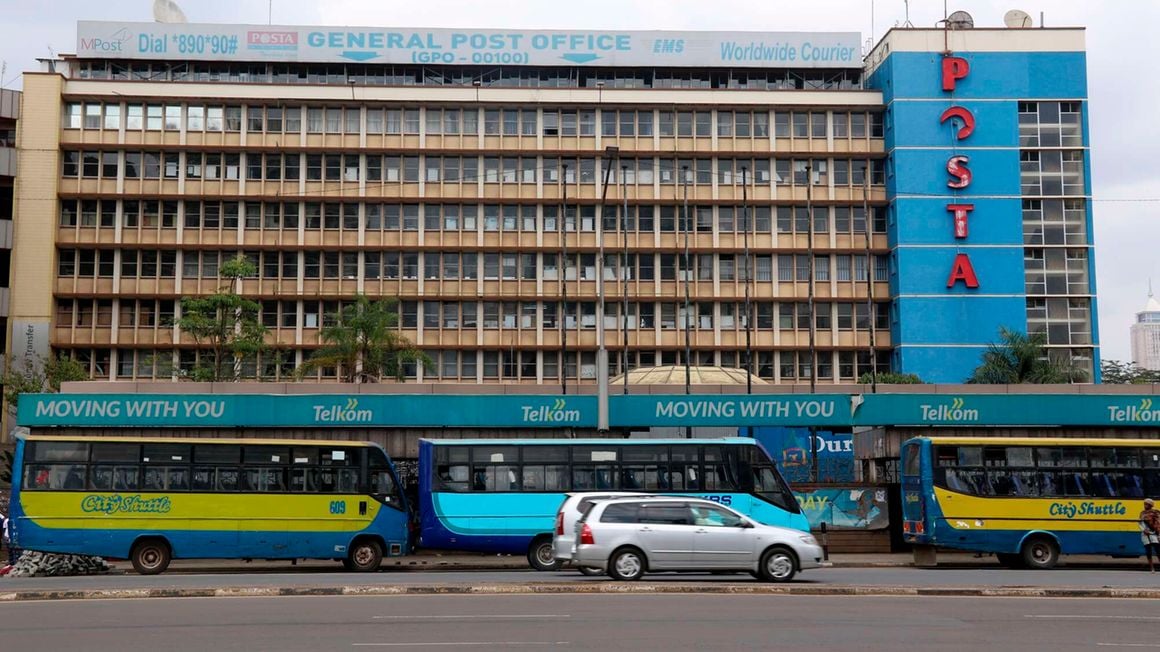Banks
In a turnaround Plan, KBC and Posta lined up for Bailouts

If the Cabinet approves a restructuring plan that includes financial bailouts from the Treasury, it will take at least three years for the Kenya Broadcasting Corporation (KBC) and the Postal Corporation of Kenya (PCK) to become profitable again.
According to the Information, Communications, and Technology (ICT) Committee of the National Assembly, KBC and PCK have massive unpaid bills totalling Sh12 billion and Sh5.4 billion, respectively.
“In order to stem the accumulation of pending bills, the State Department has developed and submitted Cabinet memos in an effort to restructure KBC and PCK,” John Kiarie, the chairperson of the committee said.
Mr. Kiarie stated to the Budget and Appropriations Committee (BAC) in a report that the two State corporations are being restructured in order to make them financially viable for the fiscal year beginning July 1st.
The Cabinet Memorandum is currently being reviewed by the National Treasury, according to the committee. The memo requests financial assistance for business turnaround plans that aim to modernize the organizational structures.
“The processing of the memo and full implementation of the approved recommended strategy shall take at least three years,” the committee said in the report.
According to the committee, PCK has a backlog of unpaid bills that includes unmet financial commitments in areas of crucial expenditures that show up as delays in employee compensation.
According to the committee, there were four months’ worth of salary owed as of the end of May 2023. Additionally, the PCK has not paid statutory deductions like pensions, Sacco contributions, taxes, and unpaid invoices to various suppliers, among other things.
“As revamping of the corporation is undertaken, it requires an annual budgetary bailout of Sh1 billion for three years to financially resuscitate the corporation and restore a healthy financial position,” Mr Kiarie said.
Due to PCK’s precarious financial situation, more than 2,500 employees have been working without pay. According to an audit report from the Auditor General, the PCK has more than Sh2 billion in debt.
State-owned PCK has received bailout money from the Treasury over the years to help with employee salaries.
In 2020, the Treasury granted PCK a bailout of Sh810 million to pay salaries and arrears for employees who had gone without pay for six months.
The Covid-19 pandemic outbreak that grounded international flights and caused delays in paying employees’ wages prompted the bailout.
Given that PCK’s business relies more on passenger than cargo flights, the Covid-19 significantly reduced internal mail haul.
Through the departmental committee on information, communication, and technology, the PCK employees had petitioned the National Assembly to look into the company’s failure to pay salaries.
Internet service providers and the entry of the massive telco Safaricom have significantly reduced reliance on Posta for actual letter delivery over the past ten years.
Following the adoption of email, calls, SMS, and social media, which caused a significant decrease in mail correspondence, particularly among individuals, the parastatal’s fortunes have declined.
At the national broadcaster, Mr. Kiarie stated that KBC is facing a contingent liability from the lawsuit between the company and Amjam TV in the UK, which is valued at Sh40 billion.
“The court case that began in 2009 when KBC terminated a joint venture agreement with the Amjam TV, owned by Dubai based businessman who also owned Chanel 2 is yet to be concluded,” Mr Kiarie said.
“Currently, there is an ongoing arbitration aimed at an amicable solution of the case.”
The committee forewarned that if the case went against KBC, it might face a sizable contingent liability that would cost a lot of money to resolve.
“The case has also exerted expenditure pressures related to the resultant legal costs. This is manifested in the Sh200 million n that was allocated in Supplementary 1 of 2022/23 specifically to cater for legal fees,” Mr Kiarie said.








